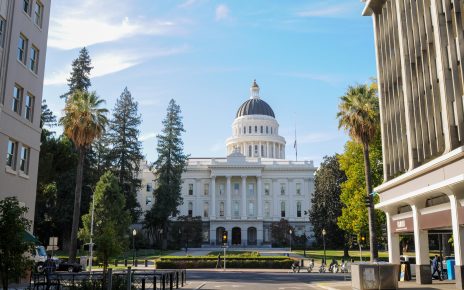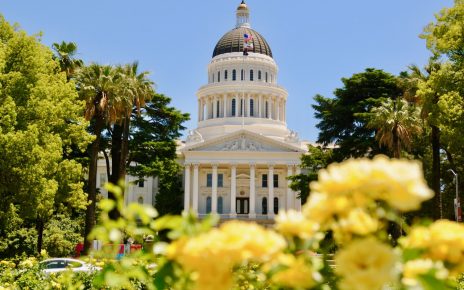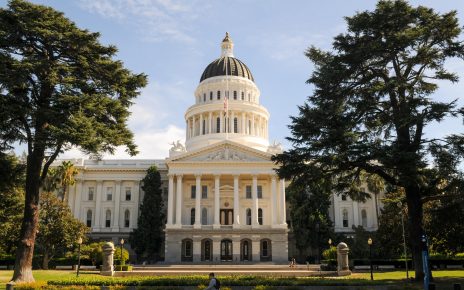What Is in California’s Code of Regulations Title 23?
The California Code of Regulations (CCR) Title 23 is one of 27 Titles that contain state regulations. Title 23, called “Waters,” contains 8 Divisions. There are also numerous chapters and articles containing regulatory sections, or individual regulations. The following is...







